Tag: Virginia Woolf
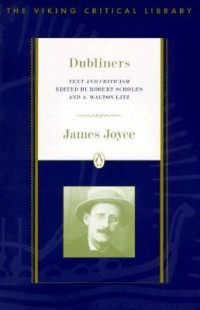
Dubliners was James Joyce’s first book, and it’s his most accessible, and possibly his most influential. The critic A. Walton Litz called Dubliners “a turning point in the development of English fiction.” Marc Wollaeger, editor of the Oxford Casebook on A Portrait of the Artist as a Young Man, writes that “Dubliners … virtually invented … Read More
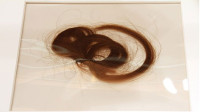
The Museum of Modern Art defines a Wunderkammer like this:
Wunderkammern, or cabinets of curiosities, arose in mid-sixteenth-century Europe as repositories for all manner of wondrous and exotic objects. In essence these collections—combining specimens, diagrams, and illustrations from many disciplines; marking the intersection of science and superstition; and drawing on natural, manmade, and artificial worlds—can be … Read More
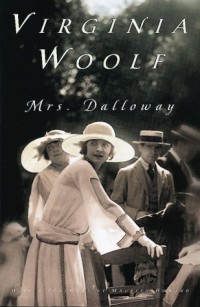
Mrs. Dalloway may take a back seat to To the Lighthouse (to which I’m partial, for one), but it probably doesn’t take a back seat to anything else in English prose fiction. Like Ulysses, it takes place on a single day in June and it enters the thoughts of various Londoners (as opposed to Dubliners) … Read More
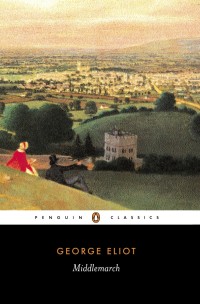
“That greatness is here we can have no doubt,” Virginia Woolf wrote of George Eliot in 1919, a century after Eliot was born (and christened with the name Mary Anne Evans). “[A]s we recollect all that she dared and achieved … we must lay upon her grave whatever we have it in our power to … Read More
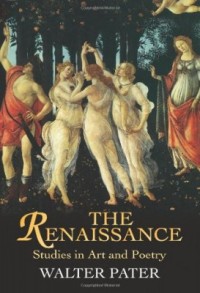
Good, empathic, sensitive, wise and true Walter Pater, secular prophet to a generation of modernists.
Pater’s aesthetics favor the neo-classicism and “Greek sensuousness” of the Renaissance, which he says “does not fever the conscience” in the way that medieval “Christian asceticism” does. He abjured the latter philosophy as one which discredits “the slightest touch of sense.” … Read More